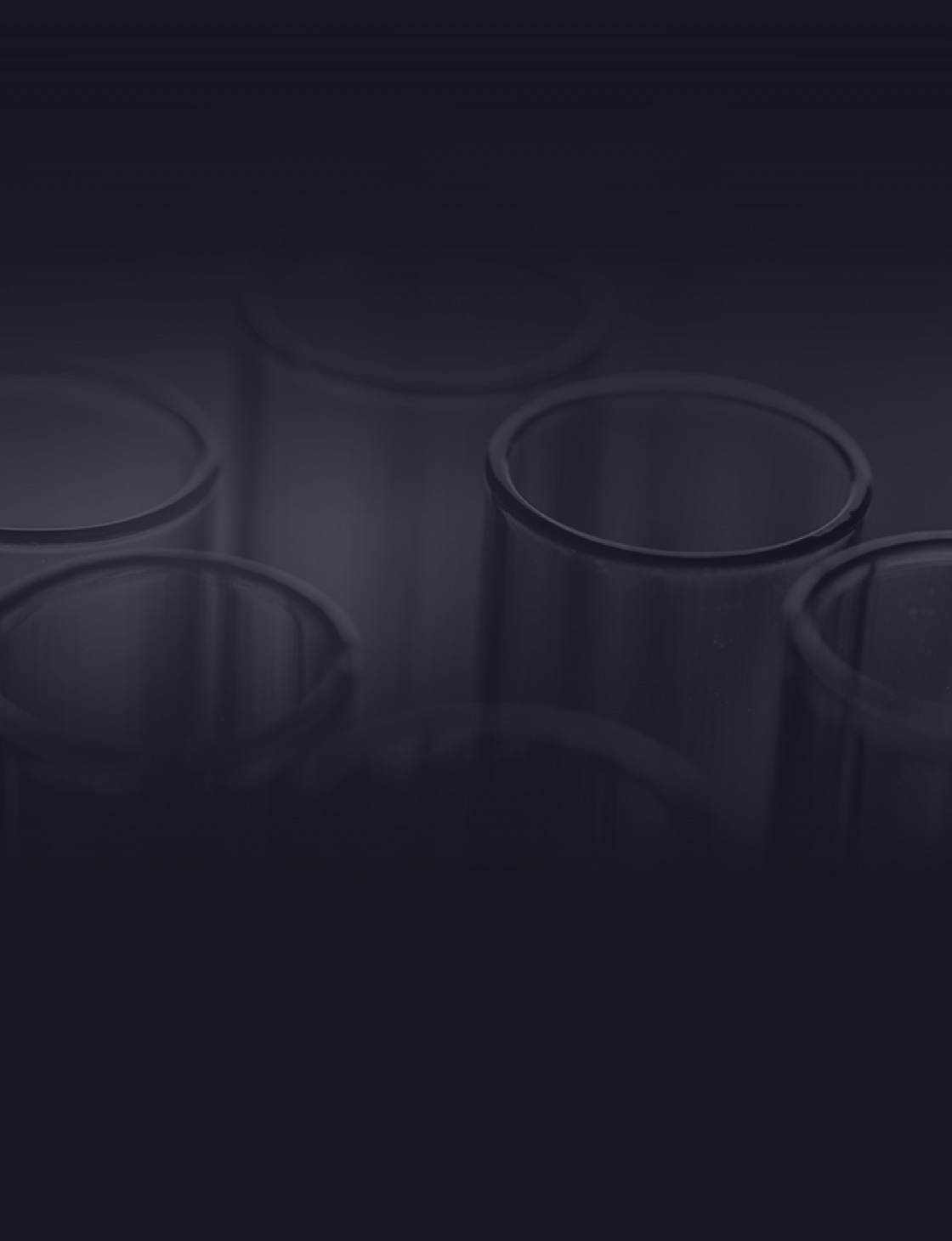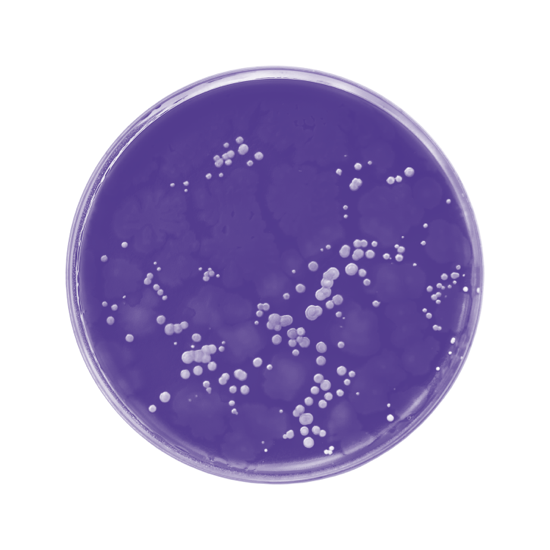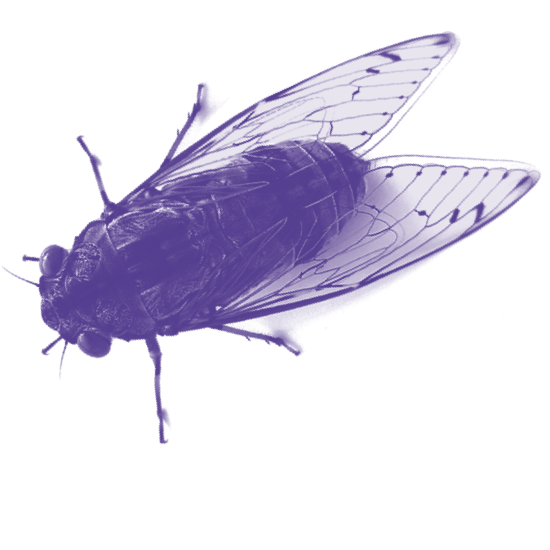

story
Community Ethics for DIYBio’s Survival
Synthetic biology was traditionally limited to academic institutions and the biotech industry. In the early 2000s, initiatives such as the iGEM competition, BioBricks, OpenWetWare, and lower-cost laboratory instrumentation began to open access to resources and public participation in synthetic biology research. However, it wasn’t until 2008, when DIYbio.org coalesced, that Do-It-Yourself Biology (DIYBio) gained recognition as a movement to make biological research, tools, and knowledge accessible to the public.
The DIYBio movement has roots in broader do-it-yourself, citizen science, open source software, and maker movements. DIYBio is similarly characterized by values of transparency, openness, sharing, co-production, and grassroots participation. DIYBio participants are norm breakers, portrayed by the media as lone wolves in basements. This portrayal has led to ethical issues piling up for a movement that is rapidly gaining expertise since its inception. For example, many fear that putting CRISPR technology and genetic libraries in the hands of amateur biologists could lead to malicious use, such as bioterrorism.
The reality of community labs’ and robust online communities’ goals pushes back on that narrative. Labs like Genspace aim to provide a physical space for DIYBio community members to convene through access to expert mentorship, scientific tools, and ethical codes of conduct. DIYBio community members have worked to build low-cost and open source hardware that have revolutionized access to specialized instrumentation for amateur and expert life science researchers alike, such as OpenTrons and OpenPCR.
Because of the societal and political discourse on whether DIYBio and synthetic biology is a biosecurity threat or a benefit to society, the DIYBio movement is driven to find validation and vitality in strengthening community ties to prove ethical oversight. DIYBio.org launched a series of workshops in 2011 that brought together communities from North America and Europe to create a code of ethics and biosafety. Recognizing leadership at the community level, government authorities including the Federal Bureau of Investigation (FBI) have invited DIYBio leaders to conferences on preventing bioterrorism. Regulators are also stepping in. In Europe, labs need a license to carry out genetic modification; the Waag Society hosts the workshop “Do-It-Yourself Genetics for Dummies” where participants learn DIYBio techniques while exploring the ethics of the movement for science and society.
As the frontiers of synthetic biology advance, DIYBio’s community approach uniquely enables hands-on understanding and public engagement in the ethical issues imposed by a complex field of science.
Achieving scientific impacts like those described in this story requires continued support for both paradigms and communities like those listed below.
- communities
- paradigms



